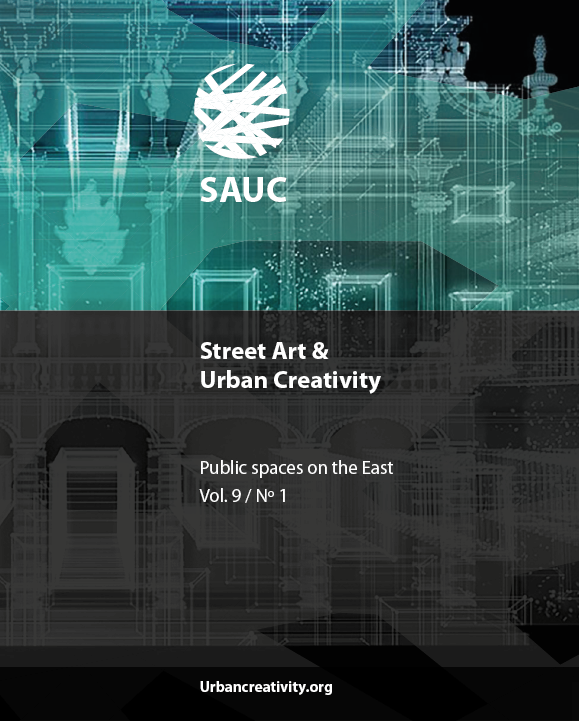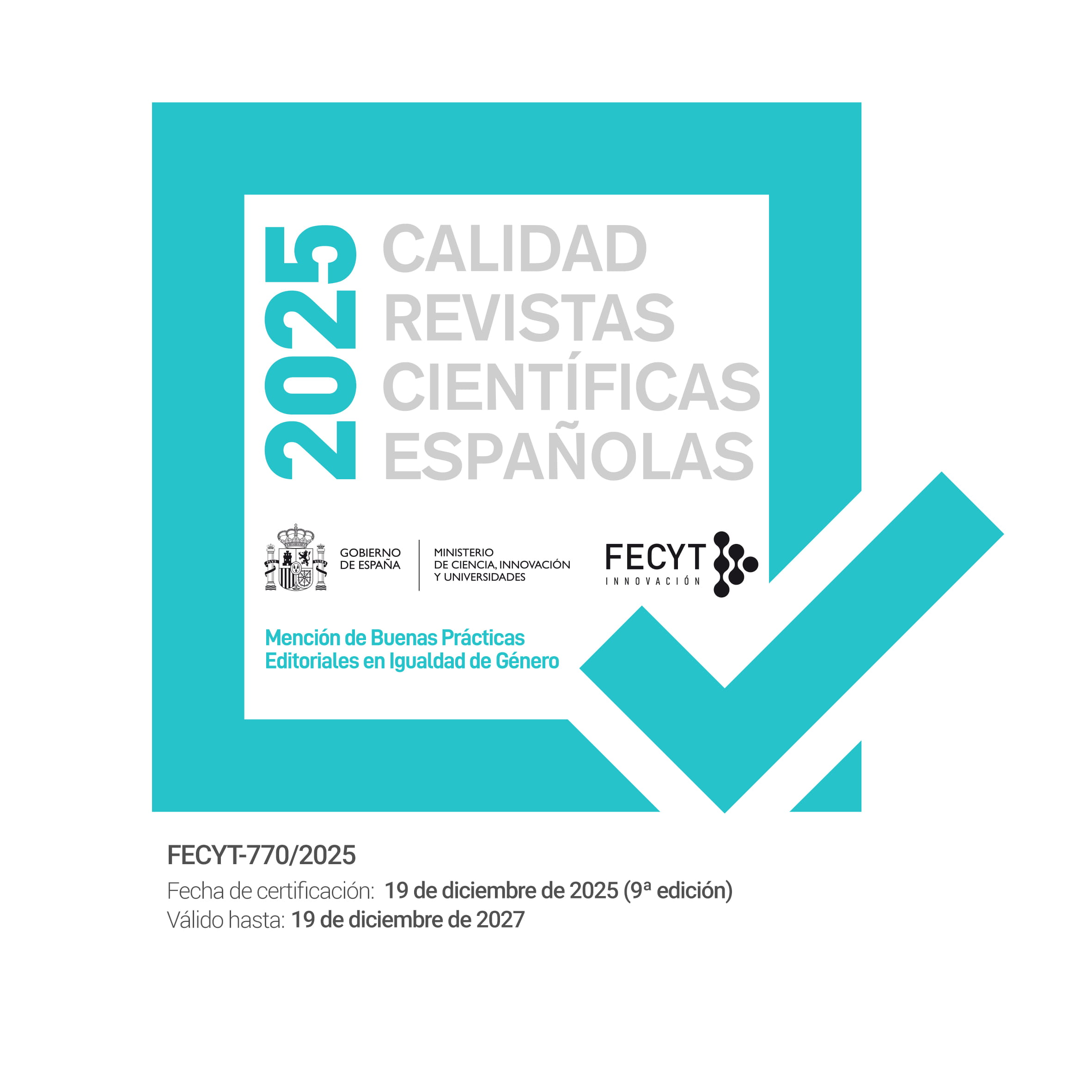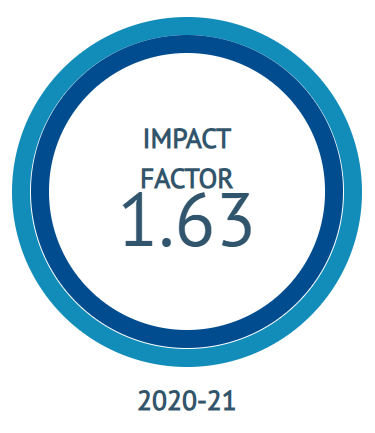Do the regulations for street music in Spain lead urban musicians to break the law?
DOI:
https://doi.org/10.25765/sauc.v9i1.668Palabras clave:
street music, illegal, job insecurity, tips, laws, amplificationResumen
Do the regulations for street music in Spain lead urban musicians to break the law?
This study focuses on street musicians who sing or play musical instruments in a public space for donations/tips. Currently most of their needs are not covered in the laws relating to of street musicians in Spain, several cities do not have this profession regulated and in the localities that do, they prohibit amplification, the sale of their own music (CDs etc.), limit free movement and the instruments that they can use. These are rules that musicians must break in order to work, leaving the buskers who perform in a legal gap or limbo, without defense against the authorities.
This study addresses 3 parts: the first is an observational exercise from the perspective of the street musician which seeks to find out the basic needs of workers in their busking experience; the second area analyzes how the Spanish regulations behave based on the needs that these performers have; and the third element contrasts the personal view of the researcher with the opinions of other street musicians and groups found in the media.
Descargas
Estadísticas globales ℹ️
|
583
Visualizaciones
|
520
Descargas
|
|
1103
Total
|
|
Descargas
Publicado
Cómo citar
Número
Sección
Licencia
Los autores/as que publiquen en esta revista aceptan las siguientes condiciones:
- Los autores/as conservan los derechos de autor.
- Los autores/as ceden a la revista el derecho de la primera publicación. La revista también posee los derechos de edición.
- Todos los contenidos publicados se regulan mediante una Licencia Atribución/Reconocimiento-SinDerivados 4.0 Internacional. Acceda a la versión informativa y texto legal de la licencia. En virtud de ello, se permite a terceros utilizar lo publicado siempre que mencionen la autoría del trabajo y a la primera publicación en esta revista. Si transforma el material, no podrá distribuir el trabajo modificado.
- Los autores/as pueden realizar otros acuerdos contractuales independientes y adicionales para la distribución no exclusiva de la versión del artículo publicado en esta revista (p. ej., incluirlo en un repositorio institucional o publicarlo en un libro) siempre que indiquen claramente que el trabajo se publicó por primera vez en esta revista.
- Se permite y recomienda a los autores/as a publicar su trabajo en Internet (por ejemplo en páginas institucionales o personales), una vez publicado en la revista y citando a la misma ya que puede conducir a intercambios productivos y a una mayor y más rápida difusión del trabajo publicado (vea The Effect of Open Access).














